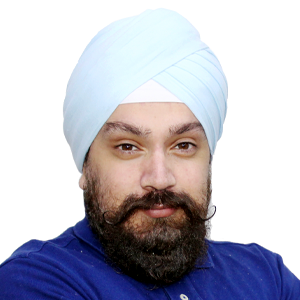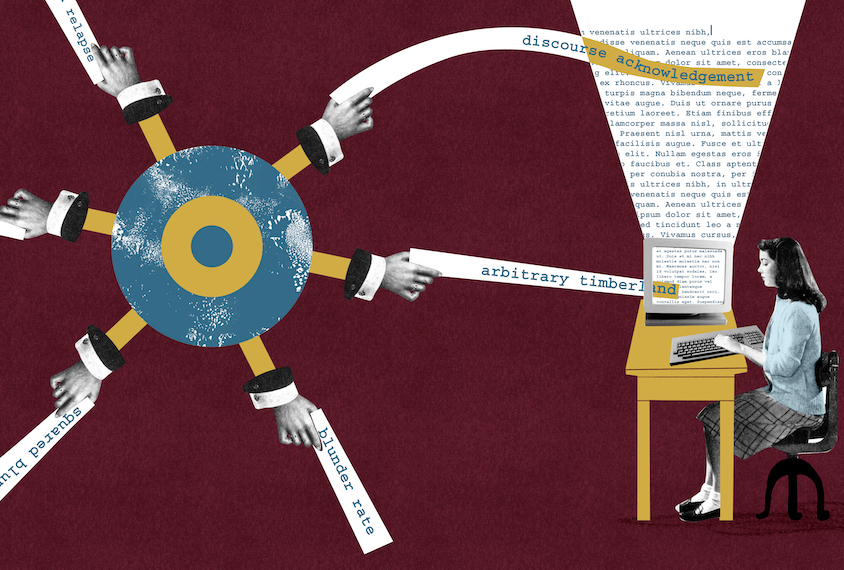Dalmeet Singh Chawla is a freelance science journalist based in London. His work has been featured in Nature, Science, Slate, Undark, The Economist, New Scientist and Pacific Standard, among other publications. See more about his work here: www.dalmeets.com.

Dalmeet Singh Chawla
Contributing writer
From this contributor
Faked results lead to retraction of high-profile cancer neuroscience study
An investigation found that the experiments required more animals than the scientists had purchased.

Faked results lead to retraction of high-profile cancer neuroscience study
‘Tainted kids,’ other odd phrases cropping up in autism studies
The “tortured phrases” — strangely worded paraphrases of established terms — may be the work of software that attempts to disguise plagiarism.

‘Tainted kids,’ other odd phrases cropping up in autism studies
Why was a study about autism cited by a paper on plant beauty?
Autism studies are appearing in the reference lists of entirely unrelated papers, suggesting what a few scholars worry is a plot to manipulate citations.

Why was a study about autism cited by a paper on plant beauty?
Large study supports discarding the term ‘high-functioning autism’
Autistic people described as ‘high functioning’ because they do not have intellectual disability often still struggle with daily living skills.

Large study supports discarding the term ‘high-functioning autism’
Data analysis, open access could improve peer-review process
Data analysis can improve the vetting of scientific papers, but first publishers must agree to make the information public.

Data analysis, open access could improve peer-review process
Explore more from The Transmitter
Shifting neural code powers speech comprehension
Dynamic coding helps explain how the brain processes multiple features of speech—from the smallest units of sounds to full sentences—simultaneously.

Shifting neural code powers speech comprehension
Dynamic coding helps explain how the brain processes multiple features of speech—from the smallest units of sounds to full sentences—simultaneously.
Astrocytes orchestrate oxytocin’s social effects in mice
The cells amplify oxytocin—and may be responsible for sex differences in social behavior, two preprints find.

Astrocytes orchestrate oxytocin’s social effects in mice
The cells amplify oxytocin—and may be responsible for sex differences in social behavior, two preprints find.
Neuro’s ark: Spying on the secret sensory world of ticks
Carola Städele, a self-proclaimed “tick magnet,” studies the arachnids’ sensory neurobiology—in other words, how these tiny parasites zero in on their next meal.

Neuro’s ark: Spying on the secret sensory world of ticks
Carola Städele, a self-proclaimed “tick magnet,” studies the arachnids’ sensory neurobiology—in other words, how these tiny parasites zero in on their next meal.